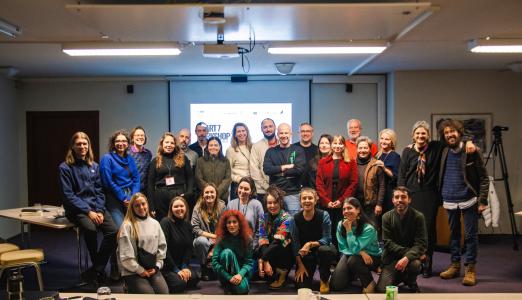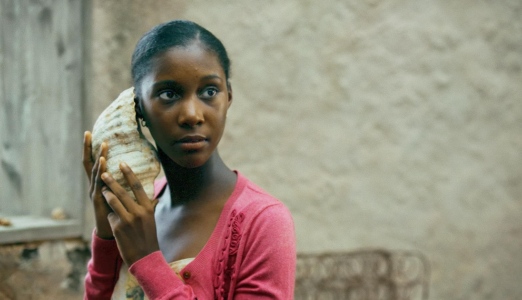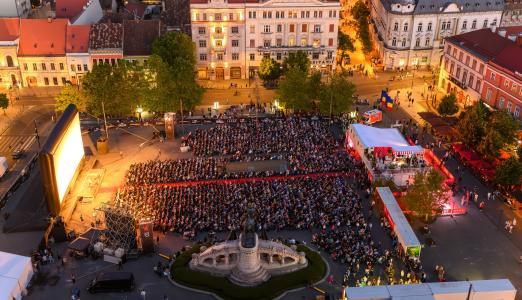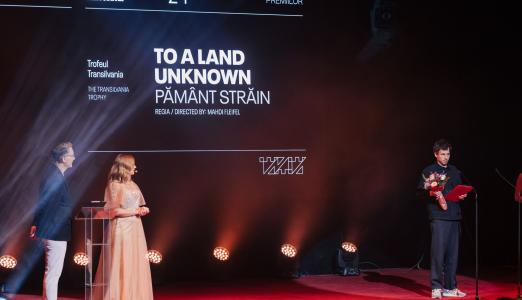InterogaTIFF - Cristian Hordilă, TIFF Manager, about the Transilvania Film Fund

A very important project of the industry event under the TIFF umbrella will be the new Transilvania Film Fund. It aims at funding and developing a local film industry, open to local as well as international filmmakers who want to shoot in the area.
What needs have you identified for the Film Fund?
We analysed whether or not Cluj wishes to be a city with a film industry. To this purpose, to achieve its full potential, it should have a film production core. It already has a film festival that liberated it from a cinematographic point of view, and it also has art cinemas. The city hall invested in renovating the Florin Piersic cinema, formerly known as Republica, by leasing the Victoria cinema. It rebuilt the cinema in Mărăști, and now they’re doing the one in Mănăștur, understanding the importance of neighborhood cinemas. Therefore, from the audience perspective, the means are now available. Also, in Cluj, there are two film schools that produce generations of directors, actors and critics yearly. And yet there is still no local industry. The television market is not doing any better either. Best case scenario, people would go to Bucharest and try to find something there. We did some studies and evaluations and then we went to SOFA (School of Film Agents), and after that experience we understood the value of the fact that, among other things, Cluj is half-way between Bucharest and Budapest, therefore one can benefit from financial support from both Romania and Hungary. You can get equipment from both places, you can divide everything in two directions. Basically, the city could become a magnet that would draw whatever it needs from both of these big centres, itself becoming a strong centre in the process.
What has TIFF done so far?
Firstly we created the local competition to check the current level of local productions. It evolved in time, good films started emerging, along with young people that realized they want to do more. We continued by developing the Transilvania Talent Lab, and last year we started with Transilvania Pitch Stop. Both were initiated as pilot-projects, to gauge the desire to film in Transilvania and the local potential. We learned that there is definitely potential, that there are people that want to film, and do it locally, but the general impression is that there are financing issues, and technical issues – to this day it’s difficult to get equipment in Cluj, other than bringing it from Bucharest or Budapest. Also, there is a lack of people with a certain know-how. The city hall started working on the city development plan for the next seven years, in parallel with Cluj’s main objective of becoming the European Cultural Capital of 2021. The plan will be founded on four core pillars, one of them being film industry. The authorities understood the giant potential of economic development that TIFF brings to the city. Therefore, they accessed some funds designed to help build a regional centre of excellence in creative industries and they invited us to collaborate with them, so as to make it functional. A film fund is not only the development of local production, but also additional income for the city from equipment and local businesses.
What are the financing criteria?
In the first few years, one of the conditions will be that the money is spent in Cluj. Half of the financing will be offered by the Fund, while the other half is to be secured by the producer from other sources. We will impose that the people in the secondary lines of production (assistants, etc.) must be from Cluj. They will be working with specialists and thus, in a few years, they will have gathered the necessary experience for larger projects. Being a regional fund, the regulations can be adapted to future needs.
When will the Film Fund will become functional?
Filmmakers will be able to access the fund starting July.
Interview by Laura Popescu
Article published in AperiTIFF.





